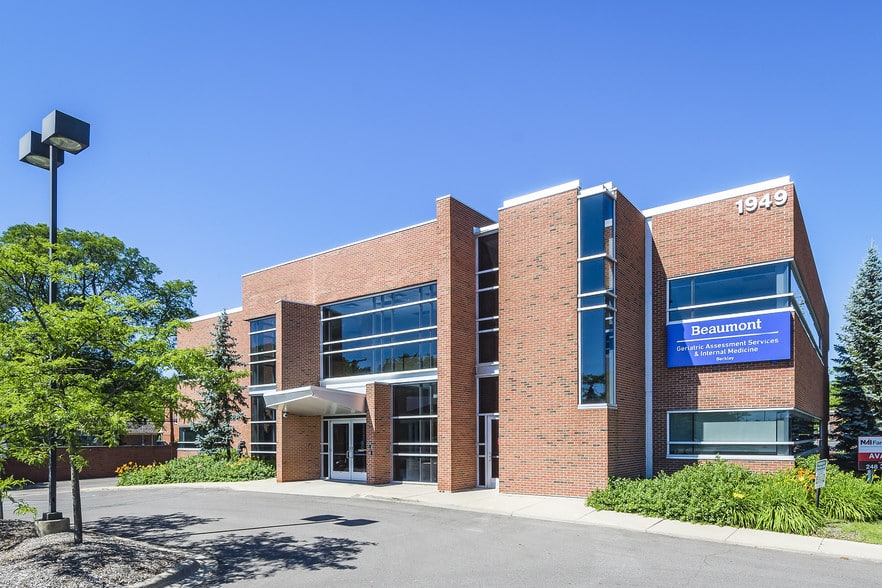The past few years have reshaped how and where Americans access healthcare. Once centralized around large hospital campuses in major cities, healthcare services are now pushing outward—into suburban and even semi-rural corridors. Nowhere is this shift more visible than in places like Lakeland, Florida, where medical commercial real estate is fast becoming one of the most strategic forms of property development.
The Changing Landscape of Healthcare Delivery
From urgent care centers to specialty clinics and outpatient surgical facilities, modern healthcare is leaning heavily on convenience, speed, and accessibility. Patients no longer want to navigate complex, urban hospitals for minor procedures or routine check-ups.
This has led to an increasing demand for decentralized healthcare facilities—and with that, a growing role for Lakeland real estate developers who understand both local needs and regulatory frameworks.
Why Lakeland is a Strategic Hub
Located between two major metros—Tampa and Orlando—Lakeland has become a critical node in Florida’s growth story. Its population has been steadily rising, along with infrastructure investments. For developers focused on medical commercial real estate, this means:
- Access to underserved populations needing proximity-based healthcare.
- Zoning flexibility that supports medical office development.
- A supportive environment for public-private partnerships in healthcare.
Building Smarter, Healthier Communities
Medical real estate isn’t just about finding a lot and erecting a clinic. It involves:
- Environmental assessments to ensure compliance and site viability.
- Traffic analysis to predict patient access patterns.
- Feasibility studies tailored to specific healthcare services—like radiology or dermatology—based on local demographics.
Experienced developers, such as those guided by Lawrence Todd Maxwell, take these factors into account early in the process. Their projects are not just compliant—they’re community-aligned.
Looking Ahead: A Vital Investment Class
Unlike traditional retail or office real estate, medical commercial properties tend to be recession-resistant. Healthcare demand is consistent, and tenants (doctors, clinics, diagnostic centers) often sign long-term leases due to the infrastructure involved in medical operations.
For cities like Lakeland, this isn’t just a real estate opportunity—it’s an investment in public health and economic resilience.
Final Thoughts
As Florida continues to grow, the blending of healthcare access with smart, community-centric development will become a defining challenge—and opportunity. In this, Lakeland real estate developers have a unique chance to lead the way in reshaping how small and mid-size communities experience healthcare.
